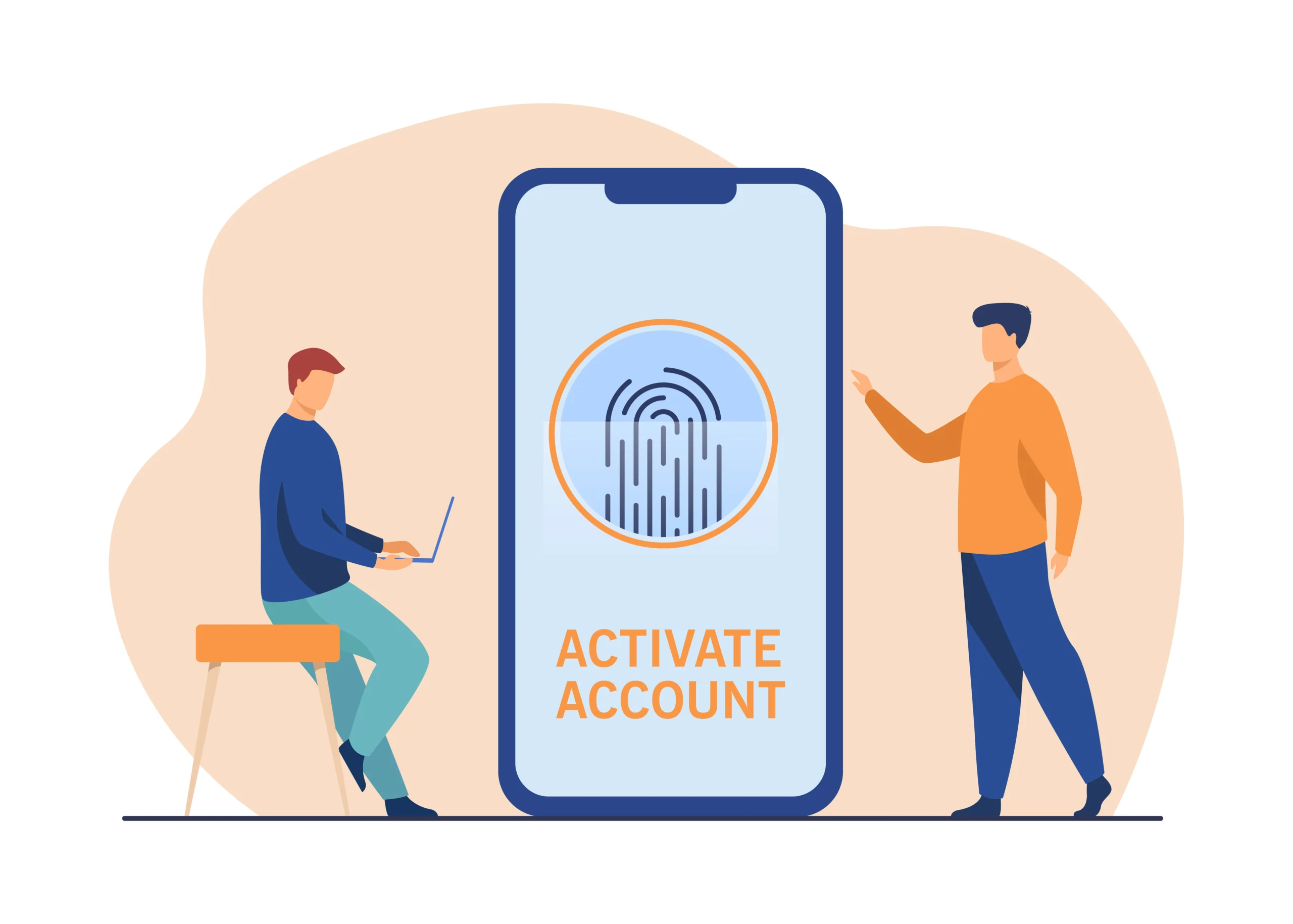Managing credit card debt can be challenging, but with the right strategies, you can effectively clear your balance and regain financial control. This guide provides step-by-step advice on how to eliminate credit card debt, with practical tips and techniques to help you achieve financial freedom.
Understanding Credit Card Debt
What is Credit Card Debt?
Credit card debt occurs when you use your credit card to make purchases or withdraw cash and do not pay off the balance in full by the due date. Interest charges accrue on the unpaid balance, leading to increased debt over time.
The Impact of Credit Card Debt
Credit card debt can have several negative effects on your financial health, including:
- High-interest charges: Credit cards often carry high-interest rates, making it costly to carry a balance.
- Lower credit score: High credit card balances can negatively impact your credit score, affecting your ability to obtain loans and other forms of credit.
- Financial stress: Managing multiple credit card payments can lead to stress and anxiety, affecting your overall well-being.
Strategies to Clear Credit Card Debt
Assess Your Financial Situation
The first step in clearing credit card debt is to understand your financial situation. Take stock of your income, expenses, and debt to determine how much you can allocate towards debt repayment.
Create a Budget
Creating a budget is essential to manage your finances effectively. List your income sources and categorize your expenses to identify areas where you can cut back and allocate more funds towards debt repayment.
Track Your Spending
Use a tracking tool or app to monitor your spending habits. This will help you identify unnecessary expenses and make adjustments to free up more money for debt repayment.
Choose a Debt Repayment Strategy
There are several debt repayment strategies to consider. Choose the one that best fits your financial situation and goals.
Debt Snowball Method
The debt snowball method involves paying off your smallest debts first while making minimum payments on larger debts. Once the smallest debt is paid off, move on to the next smallest debt. This method provides a psychological boost by allowing you to see progress quickly.
Debt Avalanche Method
The debt avalanche method focuses on paying off debts with the highest interest rates first. This approach can save you more money in interest charges over time. Make minimum payments on all debts and allocate extra funds towards the highest interest debt until it is paid off, then move on to the next highest interest debt.
Balance Transfer
A balance transfer involves moving your high-interest credit card debt to a card with a lower interest rate, often with an introductory 0% APR period. This can reduce the amount of interest you pay and help you pay off your debt faster. Be aware of balance transfer fees and ensure you can pay off the transferred balance before the introductory period ends.
Increase Your Income
Increasing your income can provide additional funds to put towards debt repayment.
Side Hustles and Part-Time Jobs
Consider taking on a side hustle or part-time job to boost your income. This could include freelancing, gig work, or selling items you no longer need.
Ask for a Raise
If you have been with your employer for a while and have demonstrated value, consider asking for a raise. A higher salary can help you pay off debt more quickly.
Reduce Expenses
Cutting back on unnecessary expenses can free up more money for debt repayment.
Limit Discretionary Spending
Identify discretionary expenses, such as dining out, entertainment, and subscriptions, and reduce or eliminate them.
Negotiate Bills
Contact your service providers to negotiate lower rates on bills such as cable, internet, and insurance. Many providers are willing to offer discounts or better rates to retain customers.
Utilize Windfalls
Use windfalls, such as tax refunds, bonuses, or gifts, to make lump-sum payments towards your credit card debt. This can significantly reduce your balance and the amount of interest you pay.
Seek Professional Help
If you are struggling to manage your credit card debt, consider seeking professional help.
Credit Counseling
Credit counseling agencies can provide guidance and assistance in creating a debt management plan. They can negotiate with creditors on your behalf to lower interest rates and monthly payments.
Debt Consolidation
Debt consolidation involves combining multiple debts into a single loan with a lower interest rate. This can simplify your payments and potentially reduce the total amount of interest you pay.
Bankruptcy
As a last resort, bankruptcy can provide relief from overwhelming debt. However, it has long-term consequences for your credit score and should be considered only after exploring all other options.
Tips for Avoiding Future Credit Card Debt
Build an Emergency Fund
An emergency fund can provide a financial cushion for unexpected expenses, reducing the need to rely on credit cards. Aim to save three to six months’ worth of living expenses.
Use Credit Cards Wisely
Use credit cards responsibly to avoid accumulating debt. Pay off your balance in full each month to avoid interest charges and only charge what you can afford to repay.
Monitor Your Credit
Regularly check your credit report to ensure accuracy and monitor your credit score. This can help you identify potential issues early and take corrective action.
Financial Education
Educate yourself about personal finance and money management. Understanding financial principles can help you make informed decisions and avoid common pitfalls.
Conclusion
Clearing credit card debt requires a combination of strategies, discipline, and commitment. By assessing your financial situation, choosing an effective repayment strategy, increasing your income, reducing expenses, and seeking professional help if needed, you can successfully eliminate your credit card debt. Additionally, adopting habits to avoid future debt, such as building an emergency fund and using credit cards wisely, will help you maintain financial stability. Taking these steps will not only improve your financial health but also reduce stress and enhance your overall quality of life.


